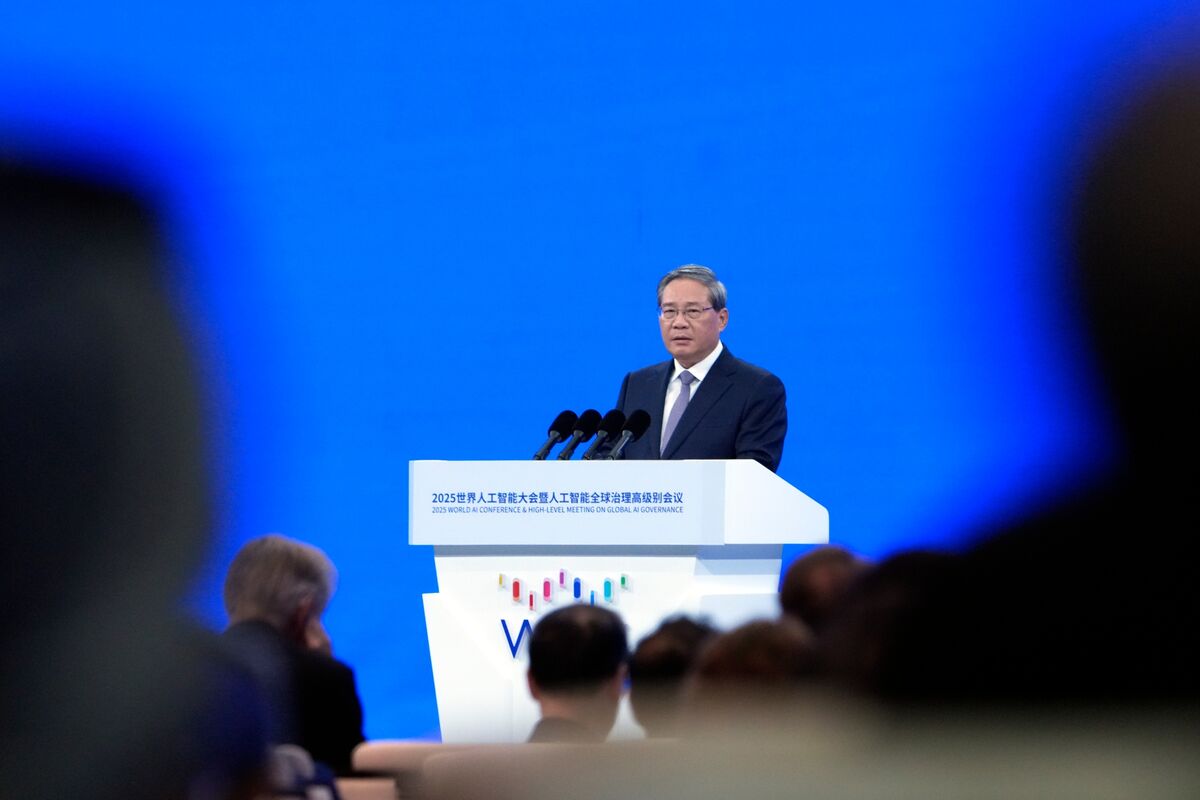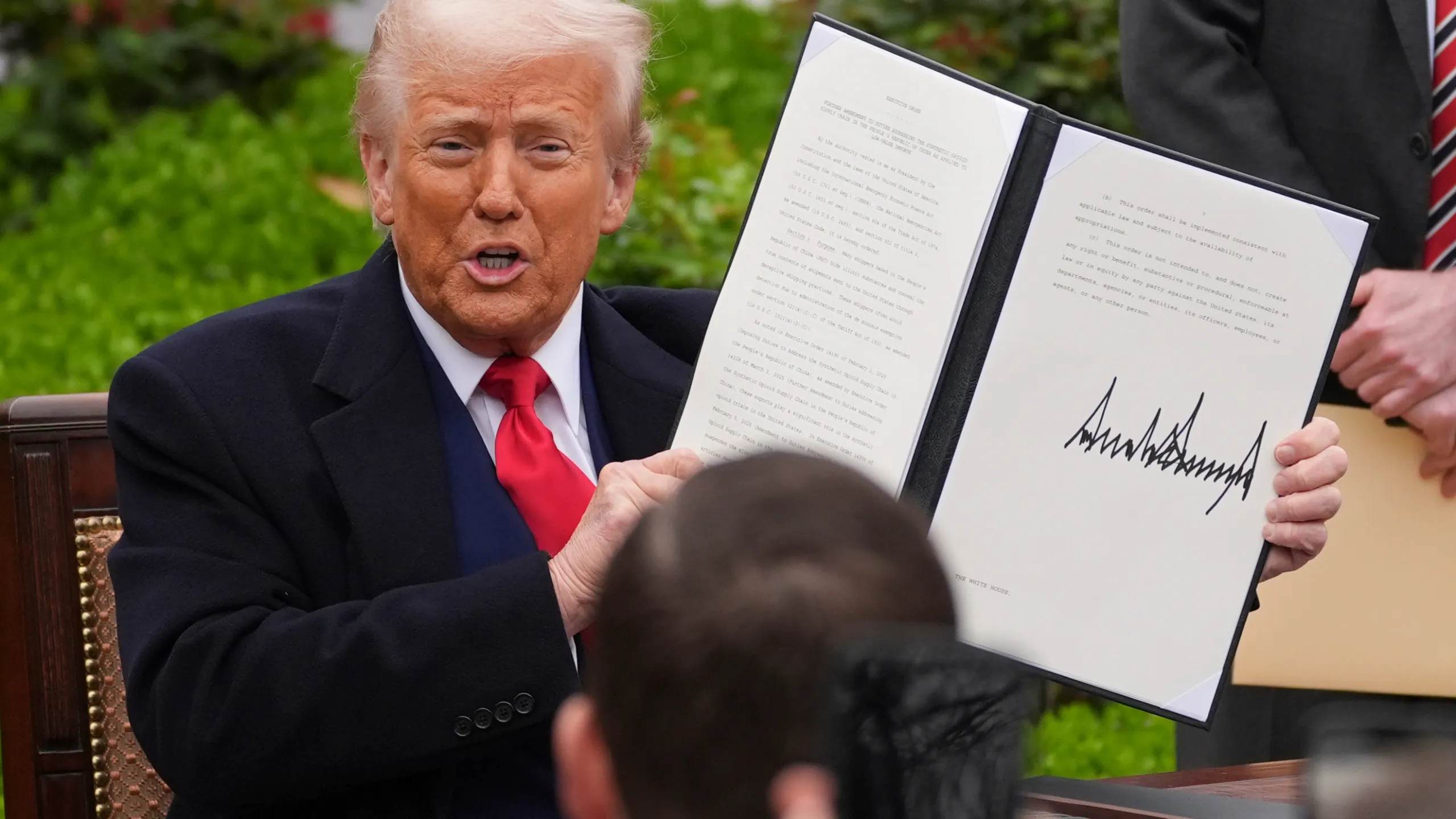
The Growing AI Arms Race: A Global Perspective
Artificial Intelligence (AI) has rapidly transformed from a futuristic concept into a vital component of modern technological advancement. Leading nations worldwide are vying to establish dominance in this revolutionary field, recognizing AI’s potential to reshape economies, military capabilities, and societal frameworks. Among these nations, China and the United States stand out as primary players, each pursuing aggressive strategies to lead the global AI race. However, with this race accelerating, concerns about monopolistic tendencies, security, and geopolitical stability have begun to surface.
China’s Perspective: Warnings of an AI Monopoly
The Chinese Government’s Cautionary Stance
Recently, China’s Premier issued a clear warning about the risks associated with the concentration of AI technology in the hands of a few dominant players. In his statement, he emphasized the dangers of an AI monopoly that could lead to economic and strategic vulnerabilities. The Chinese leadership fears that if AI development becomes overly centralized among a handful of companies or countries, it could stifle innovation, reduce competition, and create significant power asymmetries.
Key concerns raised include:
- Reduced innovation due to lack of competition
- Potential for economic dependence on a few technological giants
- Strategic vulnerabilities in defense and cybersecurity
- Ethical and societal issues stemming from monopolistic control
The Implication for Global AI Development
China is positioning itself as a counterforce to perceived Western dominance in AI. The Chinese government advocates for a more balanced and fair global AI ecosystem, emphasizing the importance of shared development and regulation. They argue that unchecked monopolies could hinder global progress and lead to unfair practices that favor specific countries or corporations at the expense of broader societal benefits.
The US’s Rapid Progress and Its Repercussions
Accelerated Efforts by the United States
The United States has been notably ramping up its AI initiatives, investing heavily in research, development, and innovation. With tech giants like Google, Microsoft, and OpenAI pushing boundaries, the US aims to maintain its technological edge. Such efforts have resulted in groundbreaking advancements in natural language processing, autonomous vehicles, and machine learning systems.
However, this aggressive pursuit has also ignited concerns about the concentration of AI capabilities within a limited number of dominant firms. Critics warn that this could lead to similar monopolistic issues, where a handful of companies wield disproportionate influence over AI development and deployment.
Potential Risks of Concentration
Among the primary risks associated with rapid US efforts are:
- Entrenchment of corporate dominance in AI technology
- Reduced competition and innovation in the long term
- Ethical concerns about data privacy and algorithmic bias
- Geopolitical tensions exacerbated by technological asymmetries
Global Implications of AI Monopolies
Economic and Ethical Challenges
The race for AI supremacy isn’t solely about technological leadership—it has profound economic and ethical dimensions. Concentration of AI power can lead to economic dependence for smaller nations and startups, creating a divide that hampers equitable growth. Furthermore, monopolistic control over AI raises questions about transparency, fairness, and accountability in decision-making processes that increasingly rely on AI systems.
Security Concerns and Geopolitical Tensions
As AI capabilities become integral to national security, monopolies pose risks of strategic vulnerabilities. Nations may become overly reliant on foreign AI systems, exposing critical infrastructure to potential cyber threats or misuse. Additionally, the competition between countries like China and the US fuels geopolitical tensions, risking an AI arms race that could spill over into military conflicts if not managed carefully.
Calls for International Regulation and Cooperation
Recognizing the risks of unchecked AI monopolies, global leaders and policymakers are increasingly advocating for international cooperation. Initiatives aimed at establishing ethical guidelines, fair competition policies, and transparency standards are gaining momentum.
Strategies advocated include:
- Creating a framework for equitable access to AI technology
- Developing international agreements on AI safety and ethics
- Promoting open research and knowledge sharing to foster innovation
- Monitoring and regulating multinational AI corporations
The Future of AI: A Balanced Approach?
Ensuring a balanced and inclusive AI ecosystem requires concerted efforts from governments, corporations, and civil society. Both China and the US recognize that monopolistic practices could undermine long-term progress and stability. Therefore, fostering cooperation while promoting healthy competition is essential for maximizing AI’s benefits for humanity.
Investing in regulatory frameworks that prevent monopolies, encourage innovation, and uphold ethical standards can help mitigate risks while harnessing AI’s transformative potential. A collaborative approach may be the key to preventing a future where AI power is concentrated in a few hands, ensuring that technological advancements serve the broader good.
Conclusion
The ongoing developments in AI reflect a complex interplay of competition, innovation, and regulation. China’s recent warning about the dangers of AI monopoly serves as a reminder that monopolistic tendencies could hinder global progress and lead to economic and security vulnerabilities. Meanwhile, the United States’ rapid advancements underscore the strategic importance of AI dominance but also highlight byproducts such as market concentration and ethical challenges.
As AI continues to evolve, fostering international cooperation and prudent regulation will be vital. Striking a balance between innovation and fairness will determine whether AI becomes a force for global good or a source of division and instability.
For more updated news please keep visiting Prime News World.







